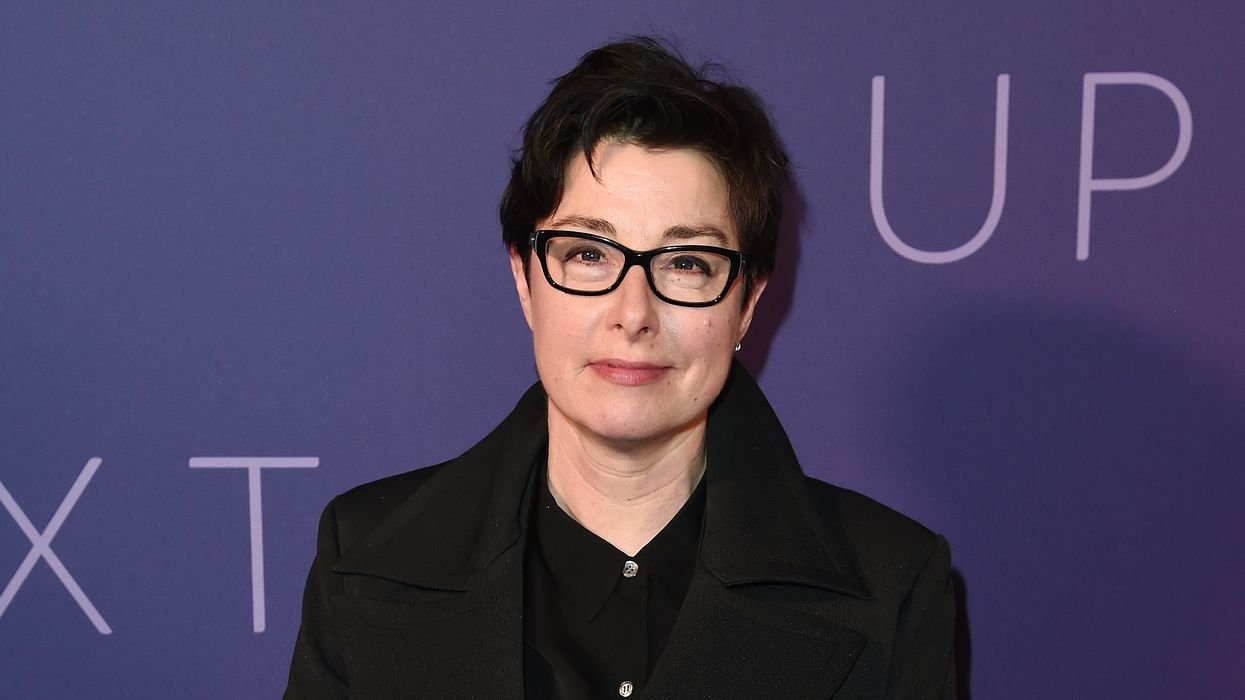Television presenter and comedian Sue Perkins has spoken candidly about her experience of living with attention deficit hyperactivity disorder (ADHD), emphasising that she does not "weaponise" her diagnosis to excuse her behaviour.
Perkins, 55, is well known for her role as a former co-host of The Great British Bake Off, as well as for her current work on the BBC game show Chess Masters: Endgame. Speaking in an interview with Radio Times, she reflected on her relatively recent diagnosis of ADHD and the impact it has had on her understanding of herself.
“It was useful to have [the diagnosis]. I now understand why some things make me very upset and stressed. I understand why I lose everything, why I can’t prepare for things, why I don’t like repetition,” she said. However, Perkins was clear that she does not use her diagnosis as an excuse. “I live in a world where those things are expected, so it’s not about going, ‘I can’t and I won’t because I’ve got a certificate.’ I don’t weaponise it to make excuses for things that I do that aren’t optimal. I want to be the best version of myself.”
According to the NHS, adults with ADHD often show signs of inattentiveness, hyperactivity, and impulsiveness. This can include struggling to concentrate, being forgetful, finding it difficult to organise time effectively, feeling restless, and having a lot of energy. Individuals may also be very talkative, interrupt conversations, and make quick decisions without fully considering the consequences.
Perkins previously spoke about her diagnosis on social media. In 2023, she responded to a post by British songwriter and Gomez band member Tom Gray, who discussed his own journey towards an ADHD diagnosis. Gray wrote on X (formerly Twitter): “I’m creeping towards an ADHD diagnosis. Strongly advised to do it to help me but more likely help people who have relationships with me. Never realised before how object permanence is such a problem for me. Staying in touch rarely if ever occurs to me. I can only apologise.”
Perkins replied: “I have fully crept. Once I had the diagnosis, suddenly everything made sense – to me and those who love me. Wishing you well on the journey, Tom x.”
As she continues to navigate her condition, Perkins remains active professionally. Alongside her television presenting work, she is preparing to embark on a new stand-up comedy tour titled The Eternal Shame of Sue Perkins. The live tour is set to begin in January 2026 and marks her return to the stage with a solo performance.
Perkins also continues her collaboration with long-time comedy partner Mel Giedroyc. The pair co-host a podcast titled Mel & Sue: Should Know By Now, where they discuss a wide range of topics with their trademark humour and candidness.
Sue Perkins has previously been praised for her openness about personal challenges, including her health and private life. By speaking publicly about her ADHD diagnosis, she joins a growing number of public figures helping to raise awareness about adult ADHD, a condition often misunderstood and underdiagnosed.
Experts note that while ADHD is commonly associated with childhood, it often continues into adulthood and can present significant challenges. Early diagnosis and management strategies can help individuals better understand and navigate the effects on daily life.
Perkins’ decision to share her experience reflects a broader shift towards more open conversations about mental health and neurodiversity. Her message remains clear: she seeks to live positively with the condition and continue striving for personal growth, rather than using her diagnosis as a limitation.





